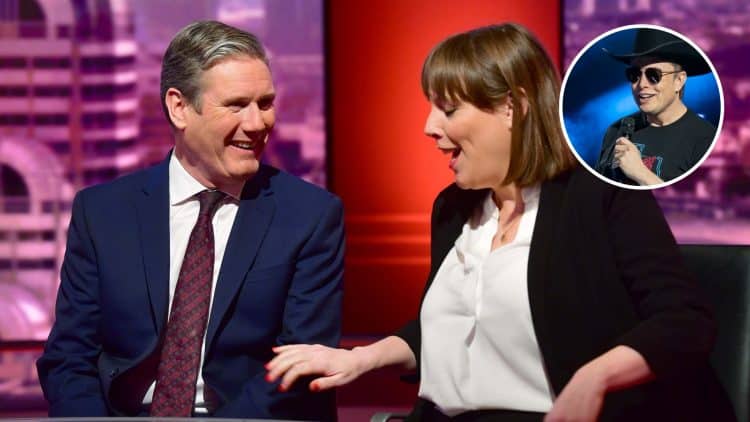Elon Musk’s controversial tweets have landed him in the crosshairs of the UK’s counter-extremism unit. The billionaire tech mogul, known for his provocative posts, is being monitored over fears his social media activity could incite extremism and even violence.
Social Media in the Spotlight
The UK Home Office has ramped up monitoring of Musk’s platform, X (formerly Twitter), to evaluate the impact of his posts on national security. This includes involvement from the counterterrorism unit, which focuses on high-risk threats, ranging from terrorism to cybercrime.
The concern? Musk’s online tirades, particularly his attacks on safeguarding minister Jess Phillips. Musk labelled her a “rape genocide apologist” after she dismissed calls for a new inquiry into the grooming gangs scandal. Phillips has since received threats serious enough to warrant close protection.
Musk’s UK Politics Obsession
Musk’s interest in UK politics doesn’t end there. Reports suggest he’s exploring ways to replace Prime Minister Keir Starmer, whom he blames for a decline in “western civilisation.” Critics have slammed this as blatant foreign interference.
Joe Mulhall, from the campaign group Hope Not Hate, didn’t hold back:
“He’s an international extremist. If he wasn’t a billionaire, he probably wouldn’t even be allowed into the UK.”
Democracy Isn’t a Plaything
Government adviser John Woodcock weighed in, urging Musk to “stick to rockets and cars” rather than meddling in British politics. He added that the UK’s electoral laws are designed to prevent foreign influence, but warned vigilance is key in the age of social media.
Former defence minister John Spellar noted this isn’t the first time wealthy individuals have tried to sway political outcomes. However, he speculated that Musk’s influence could fizzle out, potentially due to a fallout with his on-again, off-again ally Donald Trump or a backlash from his business ventures.
You may also like: Liz Truss’s legal drama is trending for all the wrong reasons





